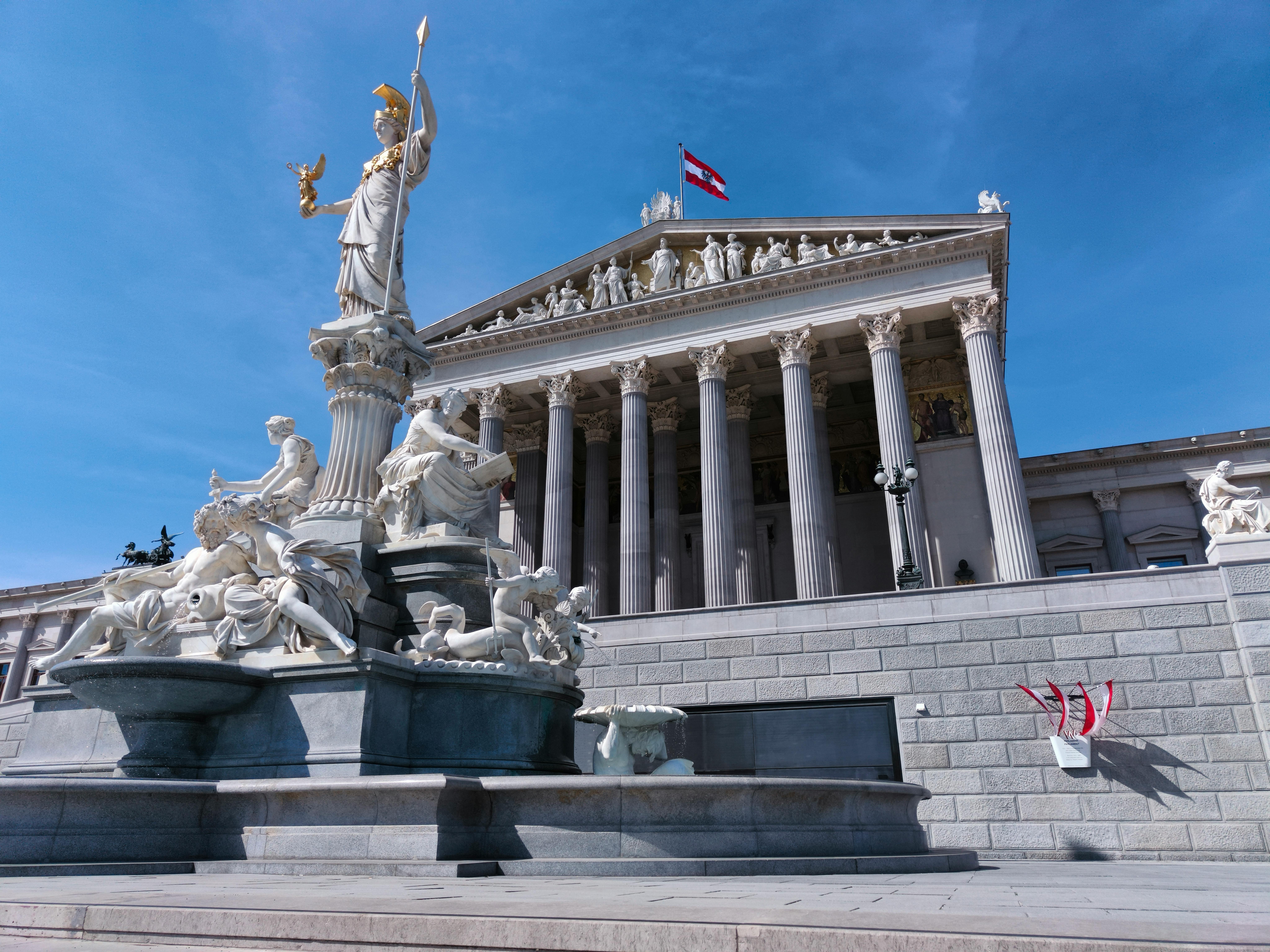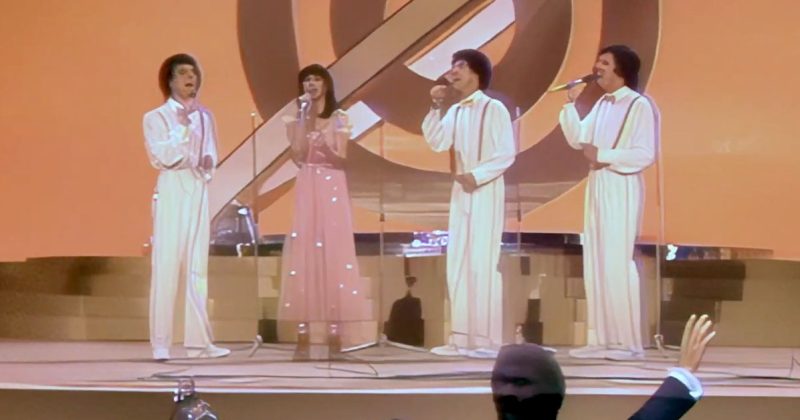
Austria, the host country of Eurovision 2026, declares strong support for Israel against boycott threats, ahead of November’s decisive vote.
The diplomatic battle over Israel’s participation in Eurovision 2026 has taken a dramatic turn with an unprecedented statement from one of the key stakeholders: the host country. In an interview with the local press, Roland Weißmann, CEO of Austrian broadcaster ORF, put an end to speculation and made it unequivocally clear that the national broadcaster fully supports the participation of Israel’s broadcaster “KAN” in the contest, which will be held in Vienna.
“Support Arises from Austria’s History” 
In an interview with Austrian newspaper Krone, when asked directly about growing boycott threats from other countries and broadcasters (such as the BBC), Weißmann did not hesitate. He revealed that his stance has been presented for months in various European Broadcasting Union (EBU) forums, and declared without reservation:
“As I have represented in the EBU for months, and as I recently expressed before the Union’s supervisory board: ORF unequivocally supports the participation of Israel’s public broadcaster ‘KAN’ in the Eurovision Song Contest,” Weißmann said, adding a historically significant note: “I stand behind this position and will continue to do so, especially in light of Austria’s history.”
Weißmann’s remark ties Austria’s support for Israel to the country’s historical responsibility, giving the stance a weight and moral dimension that goes beyond regular political or cultural debates around the contest. His position is more than a personal statement—it is backed by a formal decision of ORF’s board of directors, which voted in favor of supporting Israel’s participation. Consequently, the broadcaster’s official policy is now firmly pro-Israel, although Weißmann emphasized that the final decision rests with the EBU.
“A Pointless Boycott”: Austrian Government Joins the Fight

Austria’s support for Israel is not limited to its national broadcaster but extends across the political and diplomatic sphere. Leading Austrian officials and political figures are actively working to push back against boycott pressure and clarify the host country’s stance.
Foreign and European Affairs Minister Sepp Schellhorn was among the first to address the matter forcefully. In an interview with Kurier, he dismissed calls for a boycott as “pointless and foolish” and stressed that Austria would not bow to pressure. “Yielding to pressure or blackmail would be a mistake,” he said, adding: “This is above all a competition between musicians and artists. It seems deeply problematic to confuse their roles with a country’s politics.”
Meanwhile, Austria’s Foreign Minister Beate Meinl-Reisinger took the issue to the highest diplomatic level. She sent a formal letter to her counterparts in countries threatening a boycott, expressing “deep concern about the risk of division” within the EBU. In the letter, obtained by Reuters, she emphasized that Eurovision is not the platform for sanctions: “Excluding Israel from Eurovision or boycotting the event will neither ease the humanitarian crisis in Gaza nor contribute to a sustainable political solution,” she wrote.
Political support has also been strongly expressed at the regional level. The Governor of Lower Austria, Johanna Mikl-Leitner, delivered a strikingly strong statement saying: “A Eurovision without Israel is inconceivable. Especially now, during difficult times, Austria must take responsibility and stand with the Israeli people.” She added bluntly: “It is better for Austria to host Eurovision alone with Israel – rather than without it.”
Towards November’s Decisive Vote
Austria’s clear stance as host nation provides a major boost for Israel. That support has become more critical than ever after the EBU officially advanced the vote on Israel’s participation to early November. The decision, explained as resulting from “an unprecedented range of opinions” and internal pressure—mainly Spain’s threat to withdraw—puts all cards on the table.
In response, Israel’s broadcaster KAN reminded that under EBU regulations, a 75% supermajority of the General Assembly members is required to expel a broadcaster from the contest. While the battle is far from over, Israel can now count on a powerful, influential, and vocal ally in Vienna. The backing of Austria is expected to be critical in the vote ahead. EuroMix will continue monitoring all developments.
Israel at Eurovision 2025
“New Day Will Rise” is the song performed by Yuval Raphael, who was chosen to represent Israel after winning the 11th season of “HaKokhav HaBa”. Israel advanced to the final after winning the second semi-final with 203 points and finished second overall with 436 points in the grand final. Israel ranked first in the public vote but only 14th with the jury. This marks the third consecutive year that Israel has reached the top five – an unprecedented achievement.
Eurovision 2025: This was Israel’s 47th participation in Eurovision. Israel joined the contest in 1973 and has won four times. Its most recent victory was at Eurovision 2018 with the song “Toy”, performed by singer Netta Barzilai.

Email: [email protected]
Phone: +072-50-9441919
Noy Yehoyada is an Israeli journalist and content creator at the EuroMix team since 2024, bringing a personal, feminine, and LGBTQ+ voice into the Eurovision sphere. A devoted Eurovision fan since the age of 16, she plays an active role in covering the contest—including on-site reporting at Eurovision 2025 in Basel and across European pre-party events. Alongside her writing and commentary, Noy plans the editorial schedule for the website, closely tracks national selections and song reveals, participates in live broadcasts, and creates digital content focusing on representation, musical diversity, and emotional connections.
Beyond her work at EuroMix, Noy has over six years of experience in the cosmetics and pharma industries, with a background in sales, personal consulting, and managing beauty departments. She enjoys pop, rap, contemporary art, and traveling in Europe—and especially loves songs that make her want to dance, as well as those that tell a story.









